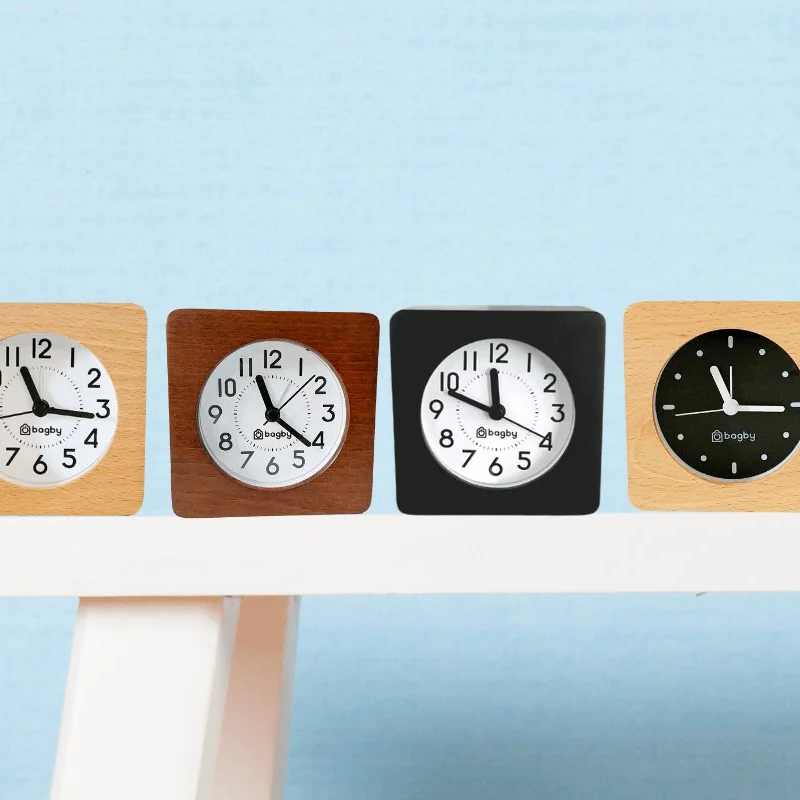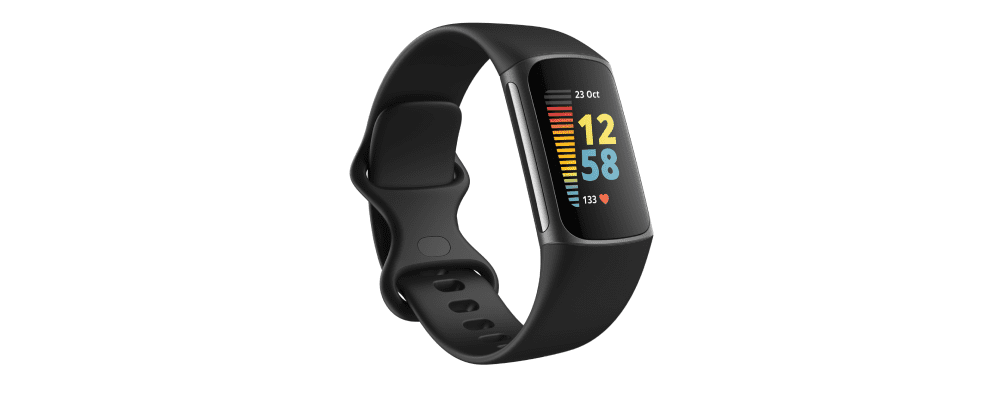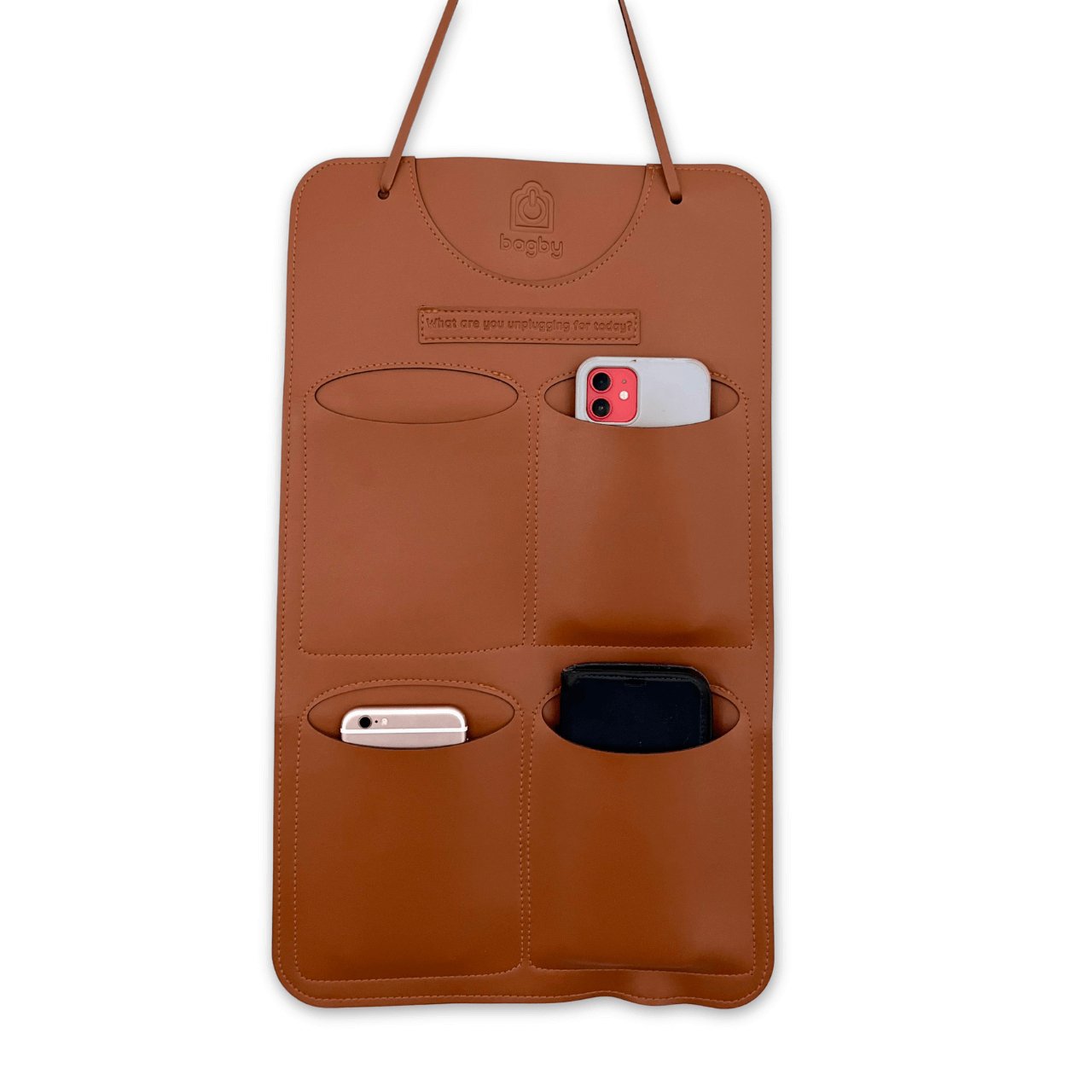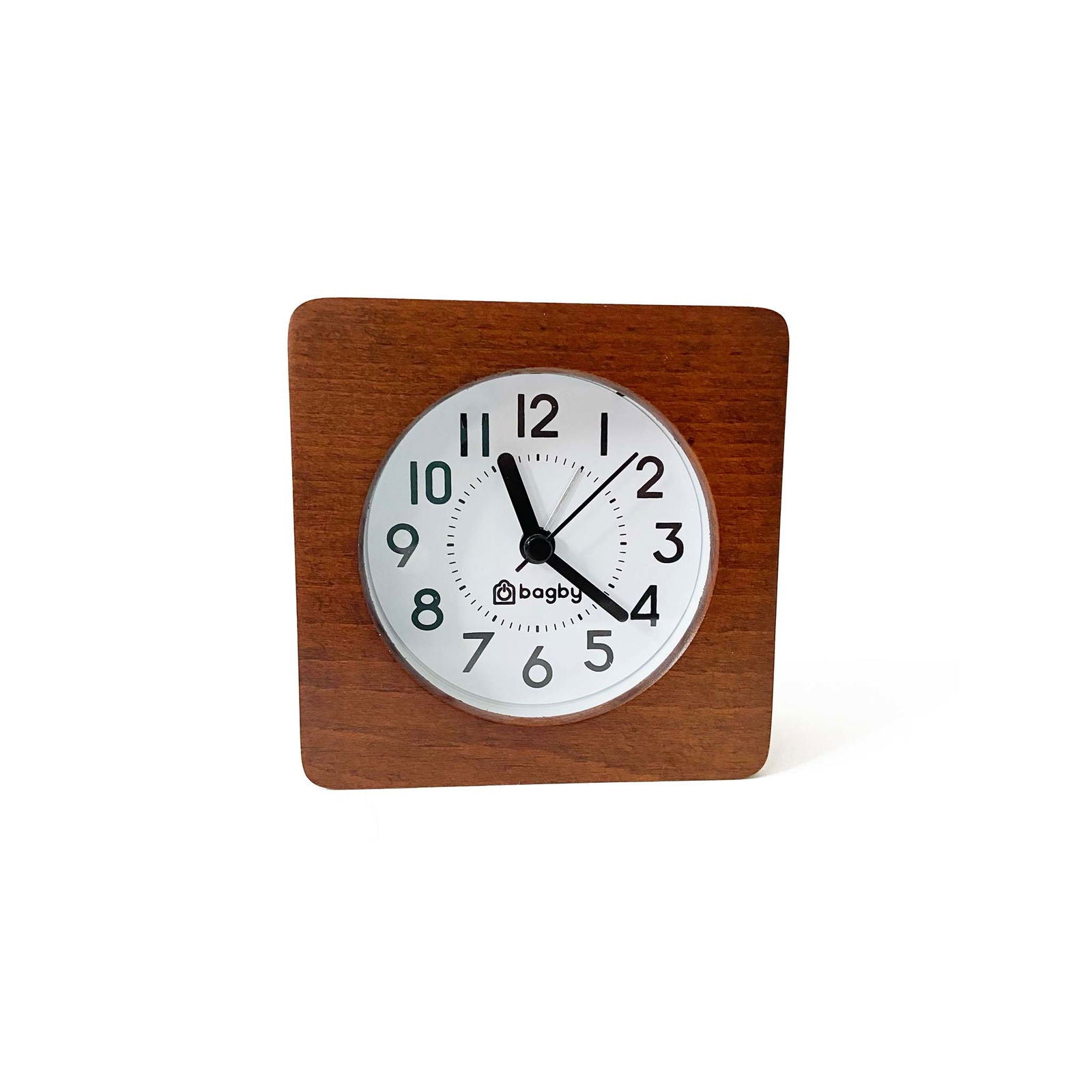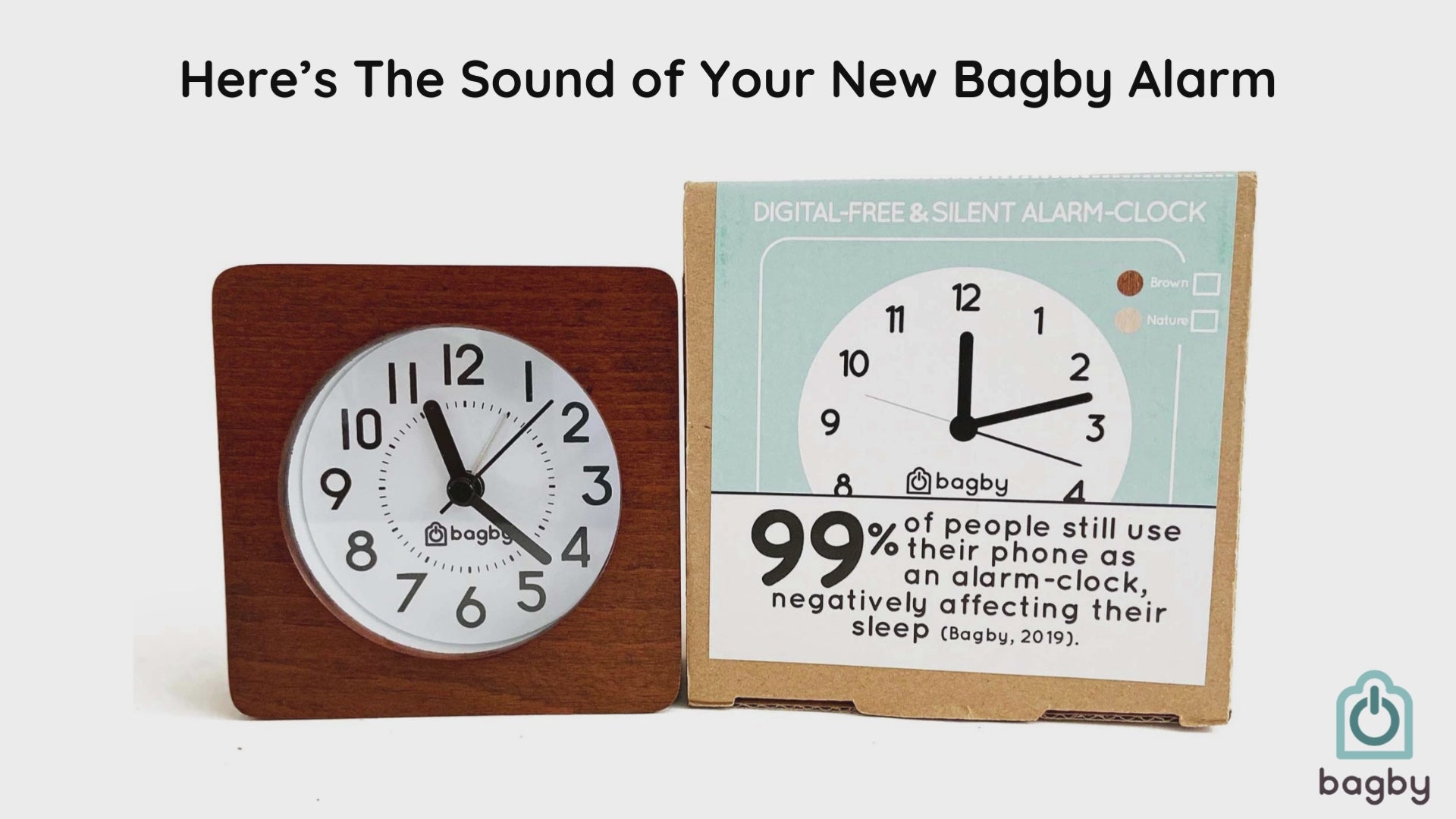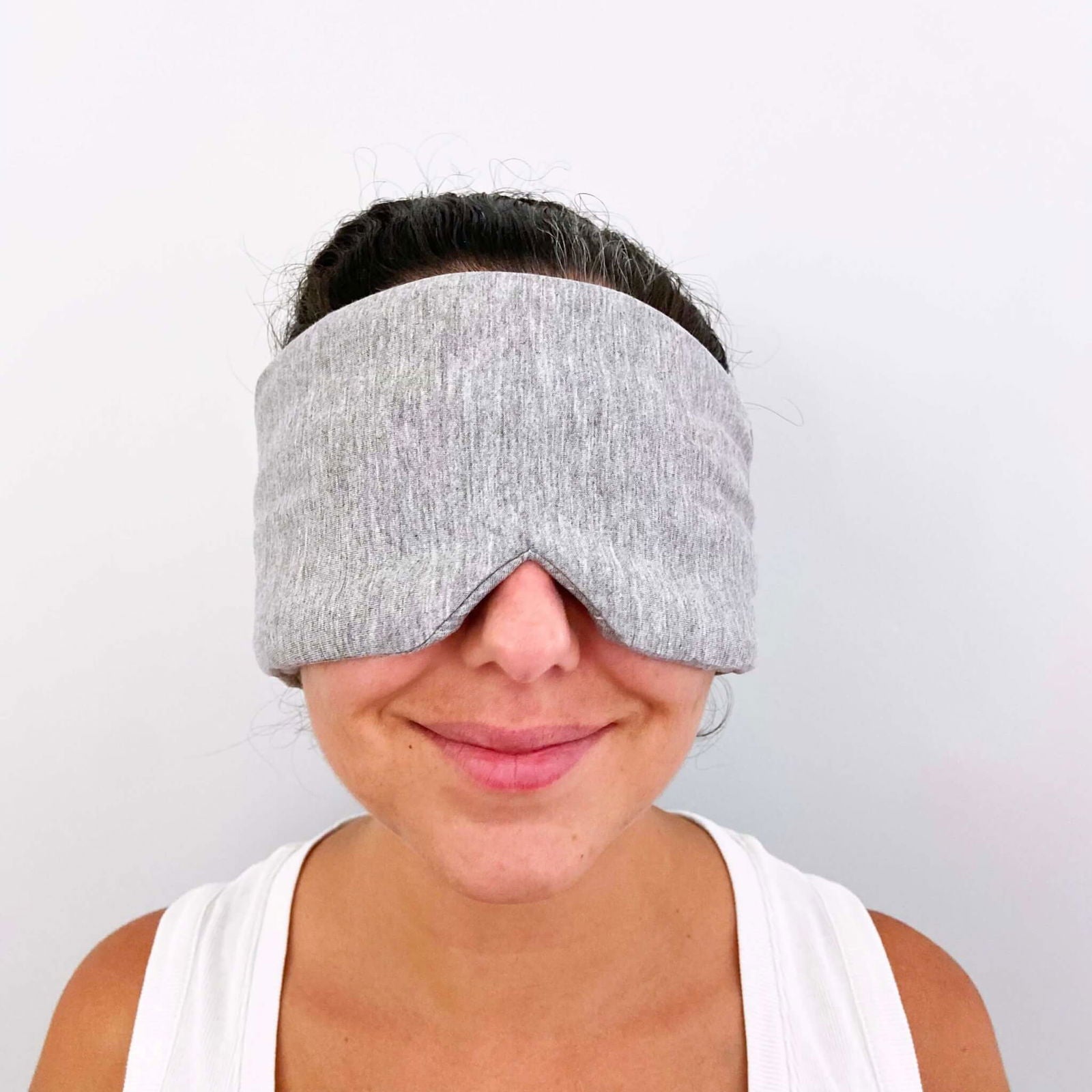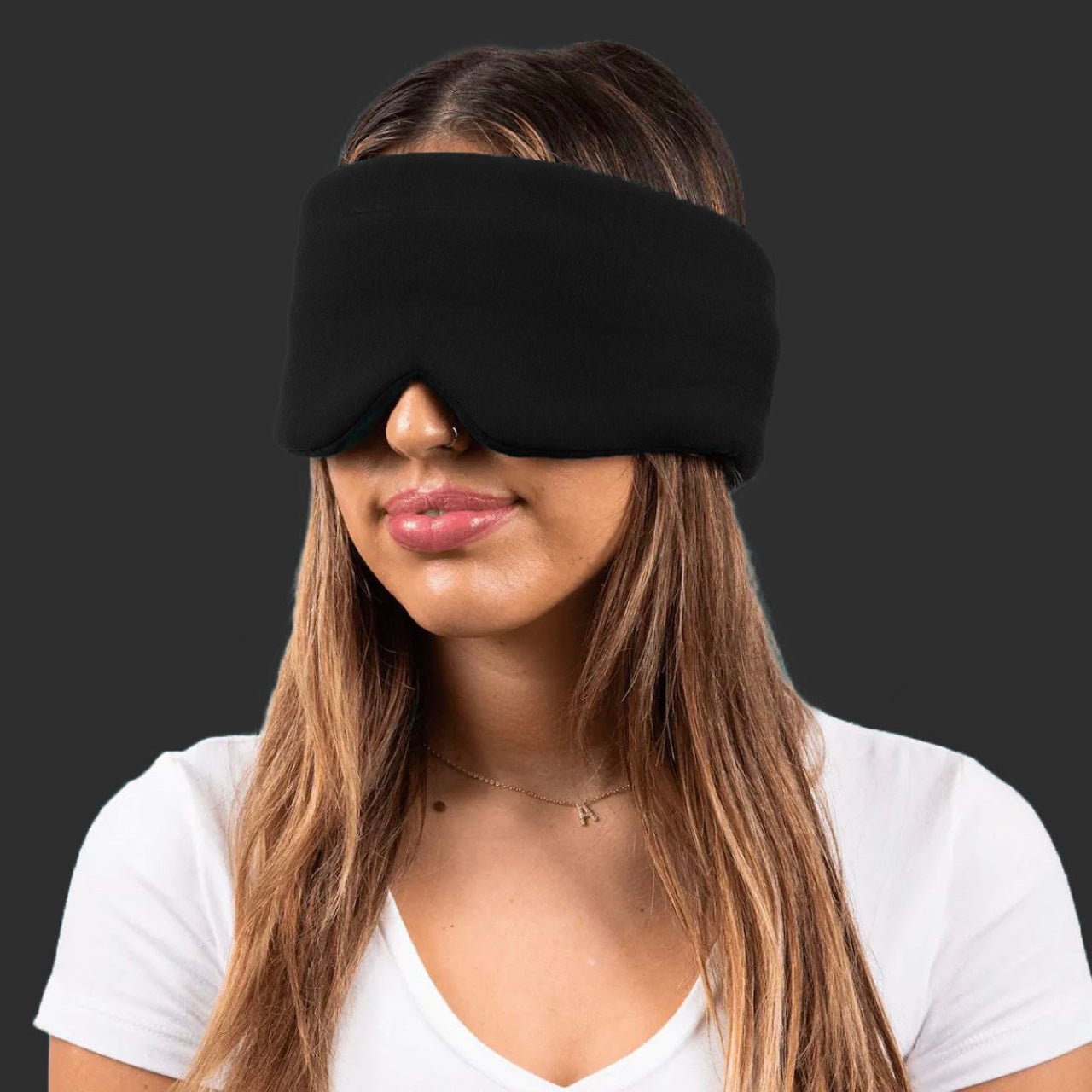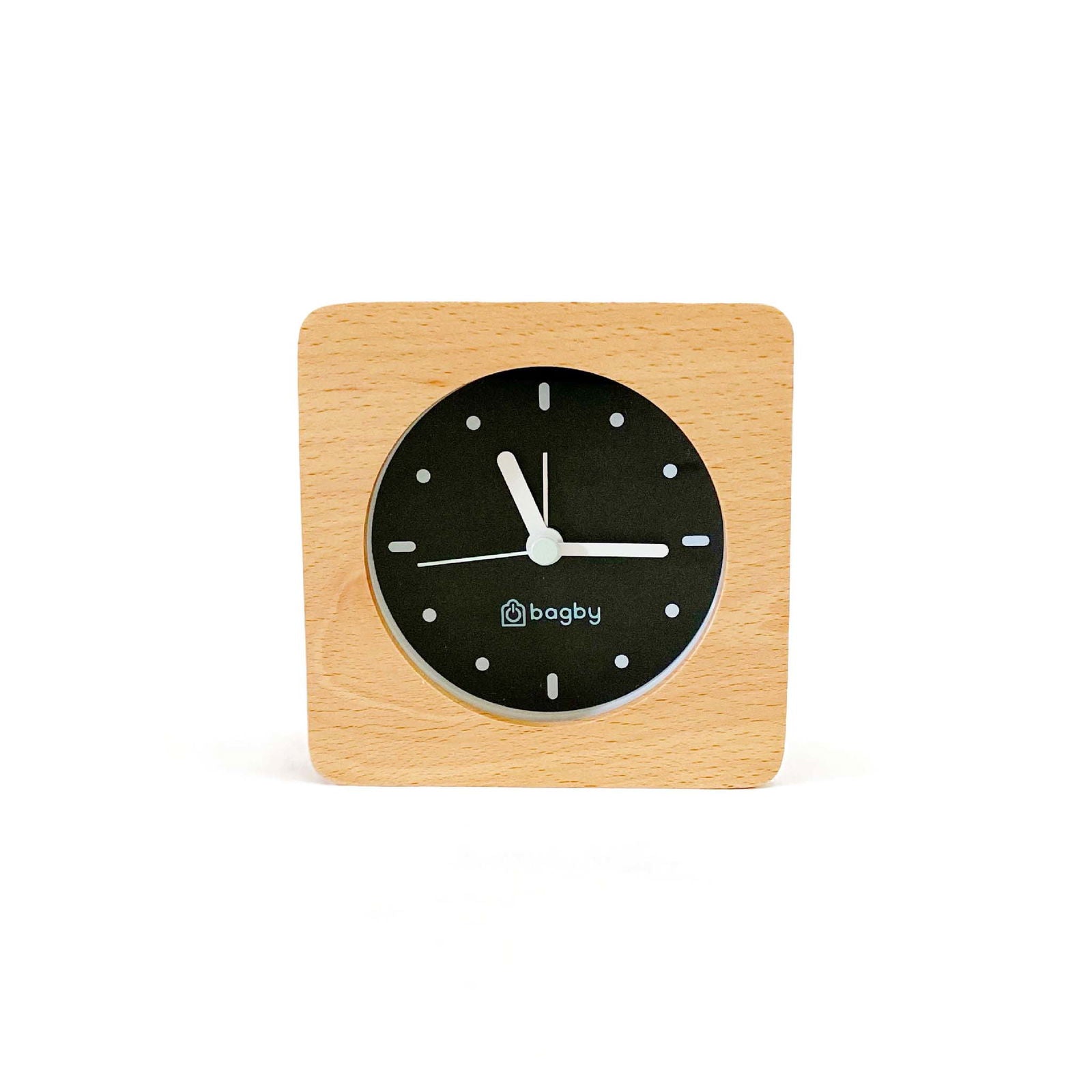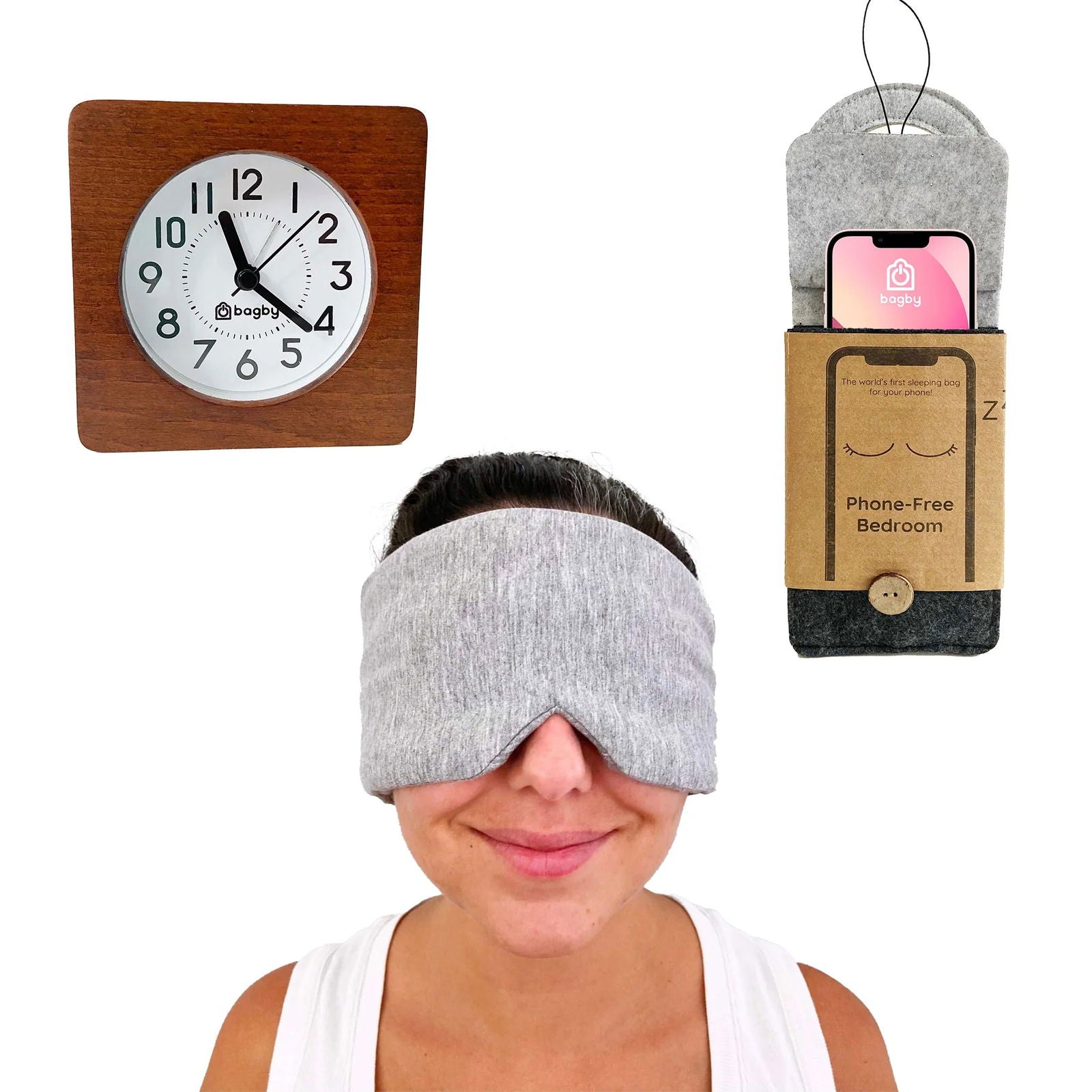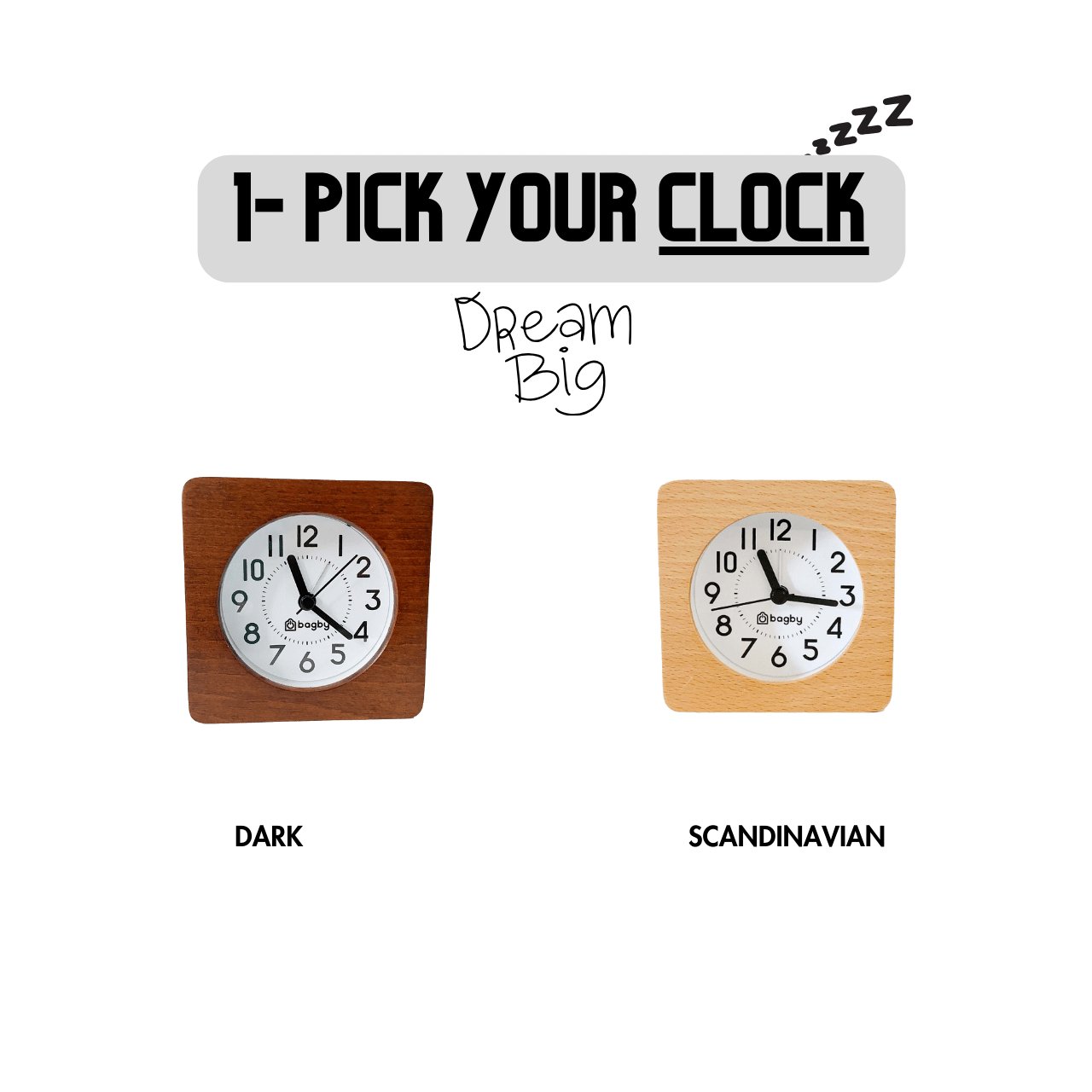Ever since Fitbit went public in 2015, the popularity of fitness trackers has soared among the general population. Statistics say that today, one out of five Americans wears a fitness tracker daily to monitor their activities and energy expenditures throughout the day.
Despite their popularity, many have raised questions about whether fitness trackers actually help improve your wellbeing.
So, in this post, we’ll take an in-depth look at the concept of tracking your fitness data, the pros and cons, and what science has to say about it. Let’s begin.
Fitness Trackers: What Are They & How Do They Work?
A fitness tracker is a wrist-based device that can measure things like your steps, heart rate, caloric expenditure, sleep patterns, and more. You can connect this device to your smartphone via Bluetooth and download all the data on what your body goes through throughout the day.
A generic fitness tracker contains sensors like a pedometer and an accelerometer that measures both your motion and the distance you travel. Once these sensors collect the necessary data, they then convert it to comprehensible numbers like the steps you took and the number of calories you burned.

Some modern trackers also contain sensors that can track things like your heart rate, pulse rate, and blood oxygen level.
Besides that, these devices can also motivate you to meet your fitness goals through notifications, vibrations, and display messages.
The Supposed Benefits of Tracking Your Activities
Every adult needs at least 150 minutes of moderate to high-intensity exercise per week to have a healthy body, says the World Health Organization (WHO). That’s just thirty minutes a day out of your schedule, for five days a week.
But, statistics say that not even five percent of the adults in the United States follow this recommendation. And this is causing a ton of problems.
Lack of exercise is also one of the main reasons 40% of American adults aged 20 and over are obese, and each year, about 659,000 people die from heart-related conditions.
Besides that, we’ve also seen a significant rise in people suffering from type-2 diabetes in the past few years. Experts link most of these problems with improper nutrition and lack of movement.
And the interesting part is, we can lower these numbers exponentially if the majority of people spare just 30 minutes of their time every day for physical activities.
Fitness trackers propose a solution to this problem. They provide:
Accountability
Most of us actually have the time we need to spend on physical activities. But we simply choose not to do them because they're complex, tiring, and working out isn’t as fun as sitting on a couch and binging media content.
Once you wear a fitness tracker, it will hold you accountable for your daily fitness needs. And even if you simply forget to do your daily workout, it will send a gentle reminder to get you back on track.
Also, motivation is a huge factor when it comes to working out daily. And fitness trackers help with that too.
Daily Motivation to Exercise
Another advantage of fitness trackers is that they visualize your progress.
Say your goal is to lose ten pounds of body fat. Now since one pound of fat equals 3,500 kilocalories, you can actually calculate how much your workout contributed to your weight loss goal using your tracker.

Seeing your progress is a great motivational factor. And with time, you’ll become hardwired to want to hit your numbers daily, bringing you closer to your goal of losing 10 lbs of body fat.
Besides that, the visual display also helps you push harder in your workout, which means you’ll burn more calories and achieve your goal faster.
But, getting proper results from your workouts is only possible if you’re also eating right. And your fitness tracker can help with that as well.
Incentive to Hydrate & Eat Healthy
Staying hydrated is something that many of us struggle with. And I don’t have to stress how complicated it is to eat healthily and stay within caloric limits. This is why many of these wearables come equipped with certain applications that can track your food and water intake.
This feature is super helpful, especially if you have a busy life and miss your nutritional requirements as a result.
Sleep Tracking
Fitness is not just about daily workouts and drinking a gallon of water every day. It results from several significant changes that you slowly make to your lifestyle. And one of those changes includes going to bed early enough and getting quality sleep every night.

A good night’s rest is extremely crucial, as it directly impacts your cognitive and mental health. Fitness trackers like Fitbit track your sleep duration, record your sleep patterns, and monitor restlessness. This way, you can take corrective measures to improve your sleep quality, which contributes to improving your overall health and wellness.
But These Wearables Aren’t Without Consequences
Despite those benefits, research says that tracking your daily activities may not be the optimal way to achieve your health and fitness goals. Simply following a diet and exercise plan instead reaps much better results.
Experts say that relying solely on a tech gadget to provide motivation can cause severe mental exhaustion, leaving individuals to either quit their workout regimes or simply stop caring about staying fit.
Although fitness trackers are truly an amazing technological feat, it’s extremely hard for us to just look past their drawbacks.
Obsessive and Dependent Behavior
While fitness trackers can be a fun and convenient way of hitting your exercise goals, staying motivated, and challenging your friends, experts worry that these devices may cause extremely addictive behavior and exercise addictions.
If you wear them, you may soon find yourself doing things like checking your heart rate and steps all day or setting extremely unrealistic daily goals that require you to work out longer sessions and even multiple times a day.
Here are some signs that your obsession with your fitness data could be turning a bit problematic.
- Increased length of your workouts because you feel good seeing higher numbers on your tracker
- Choosing your workout over your friends and responsibilities
- Feeling of anxiousness, irritability, and dismay when you aren’t able to use your fitness device
- Your fitness device consumes a lot of time, interferes with your other activities, and causes you to leave other things you truly enjoy
- You feel guilty when you can’t reach your daily activity goal because of some circumstances
If any of these descriptions fits you, then it’s a sign that you’re addicted to your fitness device. And you need to make some serious changes in your life.
But how does one become obsessed with fitness data?
Fitness Trackers Trigger Dopamine
You may have heard of dopamine, a pleasure chemical that your brain produces when you achieve something. Dopamine plays the important role of being the biggest motivator in your life. It pushes you to reach new feats continuously and better your life.

But, as good as dopamine is, it too has a bad side.
Our brains crave a constant flow of dopamine releases. This means that if your brain finds an easy source of getting a release, it will motivate you to do that action repeatedly.
This is the very reason why people become addicted to things like cigarettes, alcohol, and drugs.
Fitness trackers trigger the same response in your brain, causing it to release the pleasure hormone. For example, Fitbit makes a BZZ sound whenever you hit a certain goal. And as soon as it buzzes, you get a sense of accomplishment and pride.
That’s what dopamine release feels like.
But this also lets your brain know that the buzz from your Fitbit is an easy way to get a dopamine release. And once it finds that out, it will start doing everything it can to push you to hear that buzz.
That’s where the feeling of anxiety, panic, guilt, and sadness come from when you, for some reason, can’t hit your 10,000 steps.
Eating Disorders
Besides promoting compulsive behaviors, research studies have found that continuous use of fitness trackers can also create eating disorders in the wearer.
A 2017 research study from Virginia Commonwealth University found that calorie tracking introduces dietary limitations. And it causes individuals to not consume the nutrition required by their body, resulting in various health problems.
They gathered 345 women and 148 men for this study and asked them to complete an anonymous online survey. This survey included questions related to their health-tracking tech use behavior and eating disorder symptoms.
After the survey ended, the researchers found that almost every participant who wore a fitness tracker had a higher eating concern and dietary restraint levels.
They concluded the study by saying that health tracking technology is associated with some aspects of eating disorders. The findings suggest that calorie tracking enhances rigidity and anxiety regarding caloric intake, and that, "for some individuals, these devices might do more harm than good."
EMF Exposure
Almost all of these fitness trackers use Bluetooth to wirelessly connect with smartphones. And since Bluetooth uses radiofrequency EMF for connection, it makes your tracking device a new source of EMF exposure.
One might argue that a fitness tracker doesn’t emit as much EMF as a cell phone or a WiFi router because of its insignificant size. And it’s true. But, the biggest risk with a device like a Fitbit is not the volume of EMF it emits but the minimal distance and prolonged usage of these wearables.
Devices like Apple Watch have the same problem. I have written all about it in my post called “Apple Watch: Side Effects and Health Concerns.” So, give it a read.
Since you wear these fitness trackers all day and sometimes even at night, your accumulated dose of EMF becomes large enough to trigger biological effects in your body. So, considering all these concerns, should you buy a fitness tracker?
Should You Buy a Fitness Tracker?
Before you make a decision to purchase one, consider these things.
Cost
While there are many worthwhile fitness trends, most come with a huge price tag. And fitness trackers are no different.
A good fitness tracker can cost you anywhere from $50 to upwards of $200. Although you can buy one of the cheaper ones, these are often missing important features. So, the more features you want, the more you have to spend on the product.
So, is it worth spending that much money on something not strictly necessary to meet your fitness goals?
Inaccurate Results
The International Journal of Behavioral Nutrition and Physical Activity did a research study in 2015 to understand if fitness trackers are as accurate as they’re marketed to be.
This study found that although most of these devices do a good job tracking your steps, they’re not so great at measuring other data.
For instance, your device can overestimate the distance you’ve traveled when you’re strolling and underestimate when you’re moving fast. Besides that, the sensors these devices have are also known to misread your total sleep time and caloric outflow.
So, when you’re relying on your wearable as your only fitness guide, this inaccurate data tracking can seriously skew your overall fitness.
Loss of Interest Over Time
A 2017 market study by Endeavor Partners found that one in three users who buy fitness devices lose interest in them a mere six months after purchase. Of course, the fact that many people get rid of their fitness trackers after some time doesn’t mean that you will, but it’s something to think about before spending more than a hundred dollars on a product that may end up sitting inside a dusty box.
2022 Google Pixel Watch Rumors: What’s Different?
Google already has its own smartwatch operating system called “Wear OS.” On top of that, they recently acquired Fitbit, one of the leading smartwatch companies. It seems like the tech giant is slowly making its way into the smartwatch space. And if that’s true, experts predict that Google will soon be running the smartwatch market.
So far, however, Google hasn’t come up with its own smartwatch. But that may be changing this 2022, sources say.
Rumor has it that Google is set to launch a new smartwatch called Google Pixel Watch this 2022, and it’s said to have brilliant new features—including premium health tracking.

Well, the health tracking part is not really “news” considering how the smartwatch market is today. Still, the Google Pixel Watch is also said to have features that show more advanced health metrics.
It’s not a sure thing yet, but there’s a possibility that we may see a snoring and night breathing monitor, just like in Google Nest Hub 2, incorporated in the watch, along with many other premium health-tracking functions.
SYB Wrist Band
While fitness trackers and smartwatches have revolutionized how we monitor our health and daily activities, it’s crucial not to overlook the potential risks they pose. That’s why we created the SYB Wrist Band.
The SYB Wrist Band is a stylish and comfortable accessory that shields your body from the various types of EMFs emitted by smartwatches and fitness trackers.

Here’s why the SYB Wrist Band is the best on the market:
Proven EMF Shielding: The SYB Wrist Band is laboratory tested and validated to shield up to 99% of EMF radiation, including 5G frequencies (up to 40 GHz).
Comfort and Style: Beyond its protective qualities, the SYB Wrist Band places a strong emphasis on comfort and style. Crafted with a blend of 90% pure silver thread and 10% spandex, it ensures a luxurious and lightweight feel against your skin. The stylish, unisex design complements both your fashion and well-being.
Practical and Versatile: The SYB Wrist Band has been designed to seamlessly integrate into your daily routine. You can use it every day and wash it as needed. And more importantly, it doesn’t interfere with the reception or battery life of your wireless devices.
Two Sizes: No need to fret about sizing. We offer two sizes to suit your comfort and style. The regular size has a circumference of 17cm (6.7”), while the small size measures 16cm (6.3”). Both sizes are 5cm (2”) wide, ensuring a comfortable fit for most people.
Your health and well-being are paramount, and the SYB Wrist Band is here to empower you to take control of your EMF exposure. With its proven shielding capabilities, comfort, and practicality, it’s a smart choice for anyone concerned about the potential health effects of modern technology.
2022: Fitness Tech Doesn’t Limit to Fitness Trackers Anymore
The fitness market is massive and ever-growing. With a yearly revenue of $87 billion, several tech giants are rushing to take a bite from this multi-billion-dollar pie. And Apple doesn’t seem to be wanting to fall behind the curve.
Rumors are that, within 2022, Apple will release a mixed reality headset with AR and VR technology, which will change the way people exercise forever. How?
Apple’s Mixed Reality Headset
Sources say that Apple is designing its headsets to look and act like an ordinary pair of glasses, but with added high-tech functionalities. Aside from its built in-virtual reality (VR) technology, it will also contain exterior cameras and sensors to facilitate augmented reality (AR) operation.
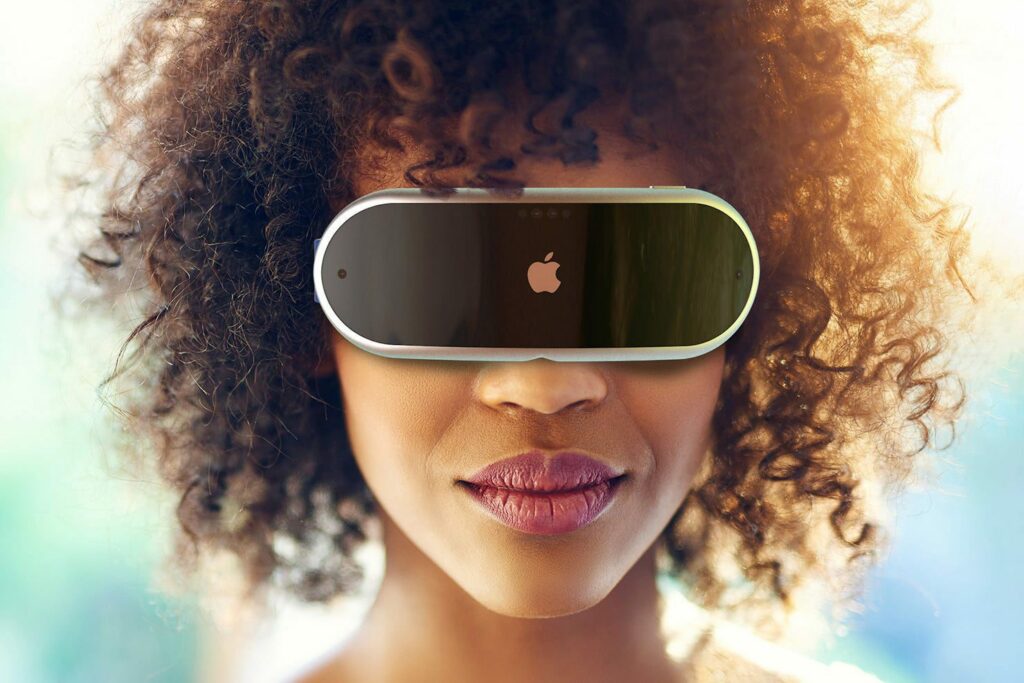
This means it will have the ability to project information, images, and videos onto its lenses but make it look like the object is actually in front of you.
Because of the high-tech combination of VR and AR, Apple’s mixed reality headset can offer body tracking and incorporate a real-world environment in a digital space. This makes it great for fitness enthusiasts, as they’ll be able to see the instructor in front of them, just like they do in the gym.
Also, with its clear lenses and AR projection, this will give off a much more natural feeling, unlike Oculus Quest 2 by Meta, which is just VR.
Besides fitness, Apple’s focus with these headsets is also to get into the gaming and media sectors.
And Finally…
From obsession to flawed data to prolonged EMF exposure, wearing a fitness tracker can cause you more harm than good. When you exercise, your focus should be on how your workout makes you feel, instead of how many calories you’ve burned or how many steps you’ve taken.
By no means are we saying not to use fitness trackers. Instead, we encourage you to realize the full picture of the impact of this type of technology. There is a bias for people to assume all technology is helpful– and fitness tech doubly so. But use of technology does incur costs. And not just to your wallet. But also to your health– your mental health and your physical health.
Instead of abandoning technology, or purchasing every new nifty gadget you hear about on Instagram, we encourage you to engage in a mindful evaluation of the pros and cons of each piece of tech that you add to your lives. So really think about whether any new tech – like a FitBit – will bring you more benefit than cost.
And then, if you decide to add a FitBit to your personal wellness routine, exercise discretion and control with how – and how much – you use it.
And while we’re on the topic of wearables, smart glasses like Ray-Ban Stories are similarly making their way into the market en masse. Check out if they’re worth buying in my post called “Ray-Ban Stories: How They Work, EMF Emissions, and More.”


